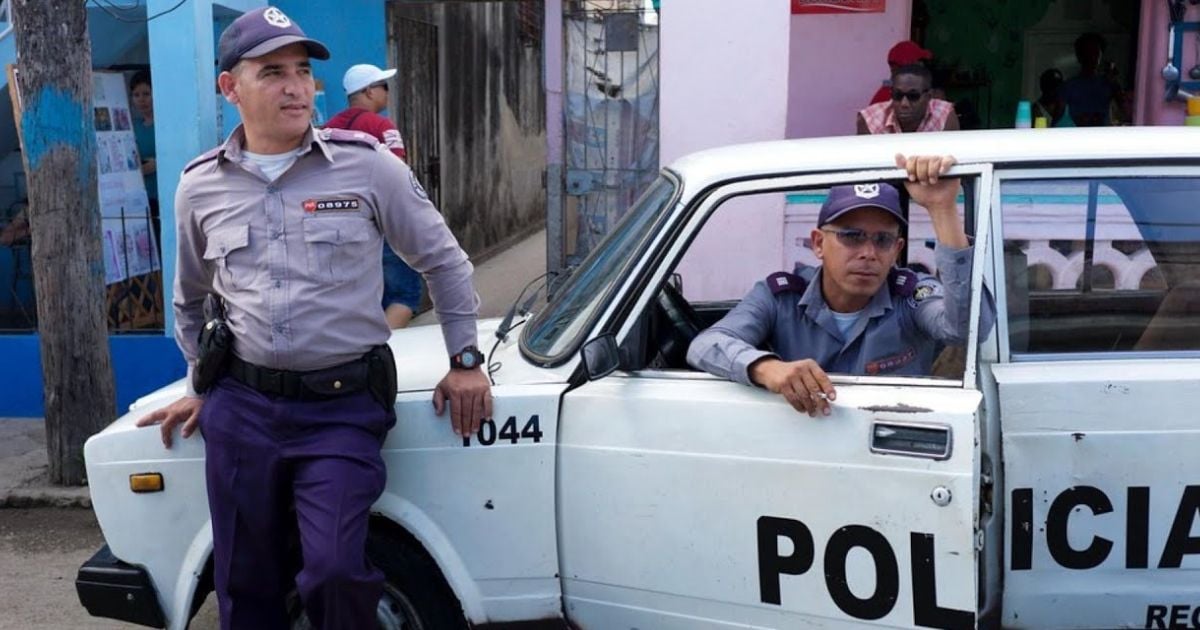In a recent crackdown on the illegal beef trade in Santiago de Cuba, police confiscated several pounds of beef along with homemade weapons after a tip-off from a resident in the Oscar Lucero area of Mella municipality. The regime-affiliated Facebook page "Héroes del Moncada" reported that law enforcement raided a home suspected of preparing illegal beef sales, catching those involved in the act.
During this operation, the Ministry of the Interior (MININT) forces detained multiple individuals, although they did not specify the exact number of arrests or the potential legal consequences for those apprehended.
The illicit slaughter and trade of cattle have surged in Cuba, a direct result of the regime's failure to provide food at affordable prices for its citizens. With stringent restrictions on beef consumption and sales, many Cubans turn to the black market as their only option to obtain this commodity.
Despite ongoing police operations, authorities have not been able to curb the rising beef trafficking and animal slaughter, a crime in Cuba that can lead to severe penalties. Meanwhile, the food crisis continues to push more people towards illegal activities in their search for sustenance.
The government claims these operations are essential to maintain "order and public tranquility," but they fail to address the underlying issue: the severe food shortages and lack of economic alternatives for the population.
Last December, for instance, authorities in Holguín detained Humberto Cabrera Sanz after he was caught transporting three sacks of beef on a cart. This incident took place in the Curva de los Vázquez neighborhood in Buenaventura, as reported by the pro-government Facebook page "Cazador-Cazado." The post, written with a sarcastic tone, mocked the detainee for challenging the authorities' vigilance: "After so much rain, getting caught with three sacks of beef on his cart," it remarked, noting recent arrests in Cuba linked to beef slaughter and trade.
The post further emphasized that "bandits always end up more entangled than vines in spring," highlighting the Cuban regime's relentless stance against activities involving its cattle. However, amidst the severe economic crisis and food scarcity affecting Cubans, it's inevitable that some will buy beef while others risk their freedom slaughtering these animals.
Key Issues in Cuba's Beef Trade Crackdown
What prompted the recent beef trade operation in Santiago de Cuba?
The operation was initiated following a tip from a local resident in the Oscar Lucero area, leading to police seizing beef and homemade weapons.
What are the consequences of illegal beef trade in Cuba?
Engaging in illegal beef trade can lead to severe penalties, including arrests, as the Cuban government enforces strict laws against it.
Why is the illegal beef market thriving in Cuba?
The thriving black market for beef is largely due to the Cuban regime's inability to provide sufficient food at affordable prices, driving citizens to seek alternatives.
How does the Cuban government justify these raids?
The government claims these raids are necessary to maintain order and public tranquility, although they do not solve the root problem of food scarcity.
